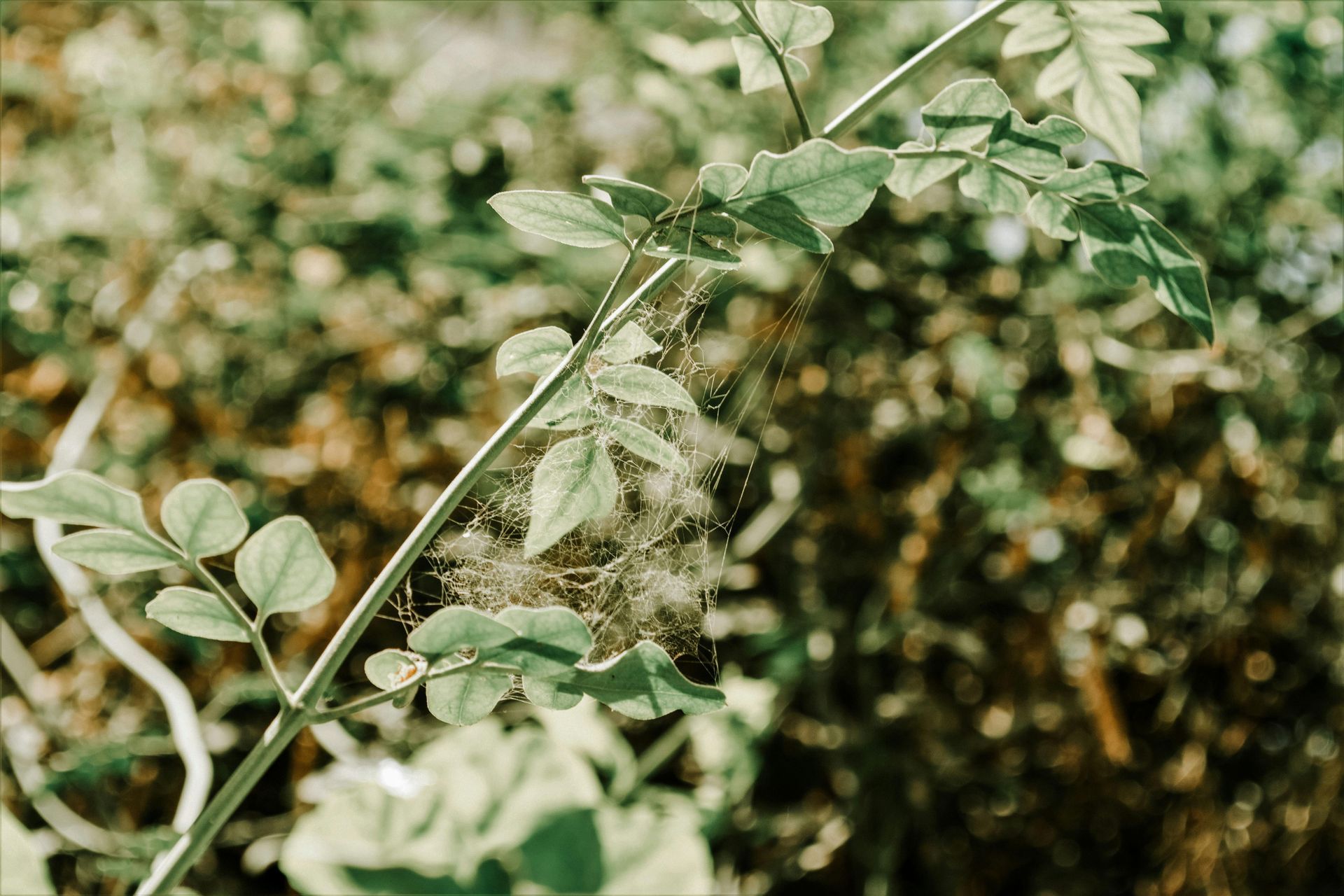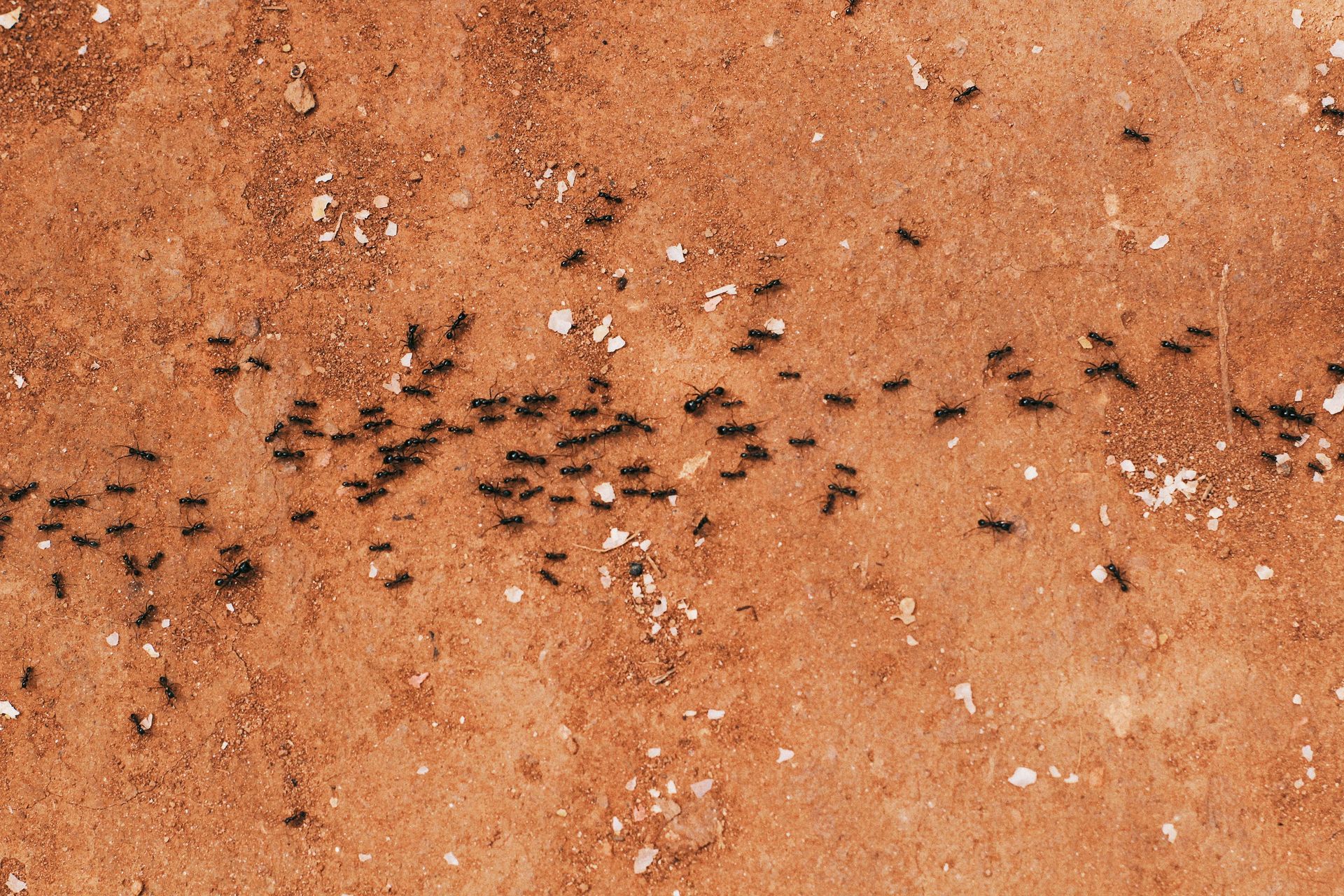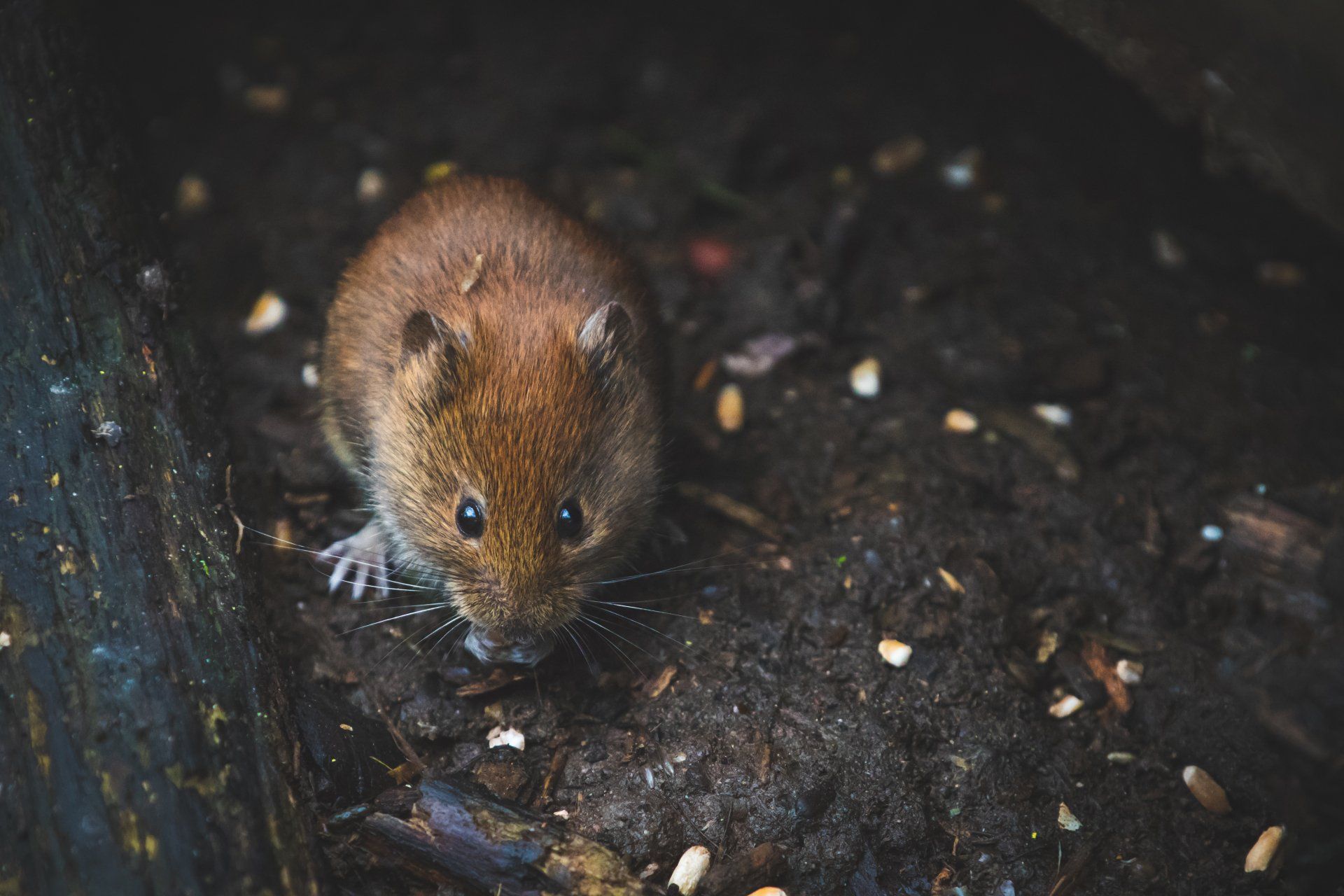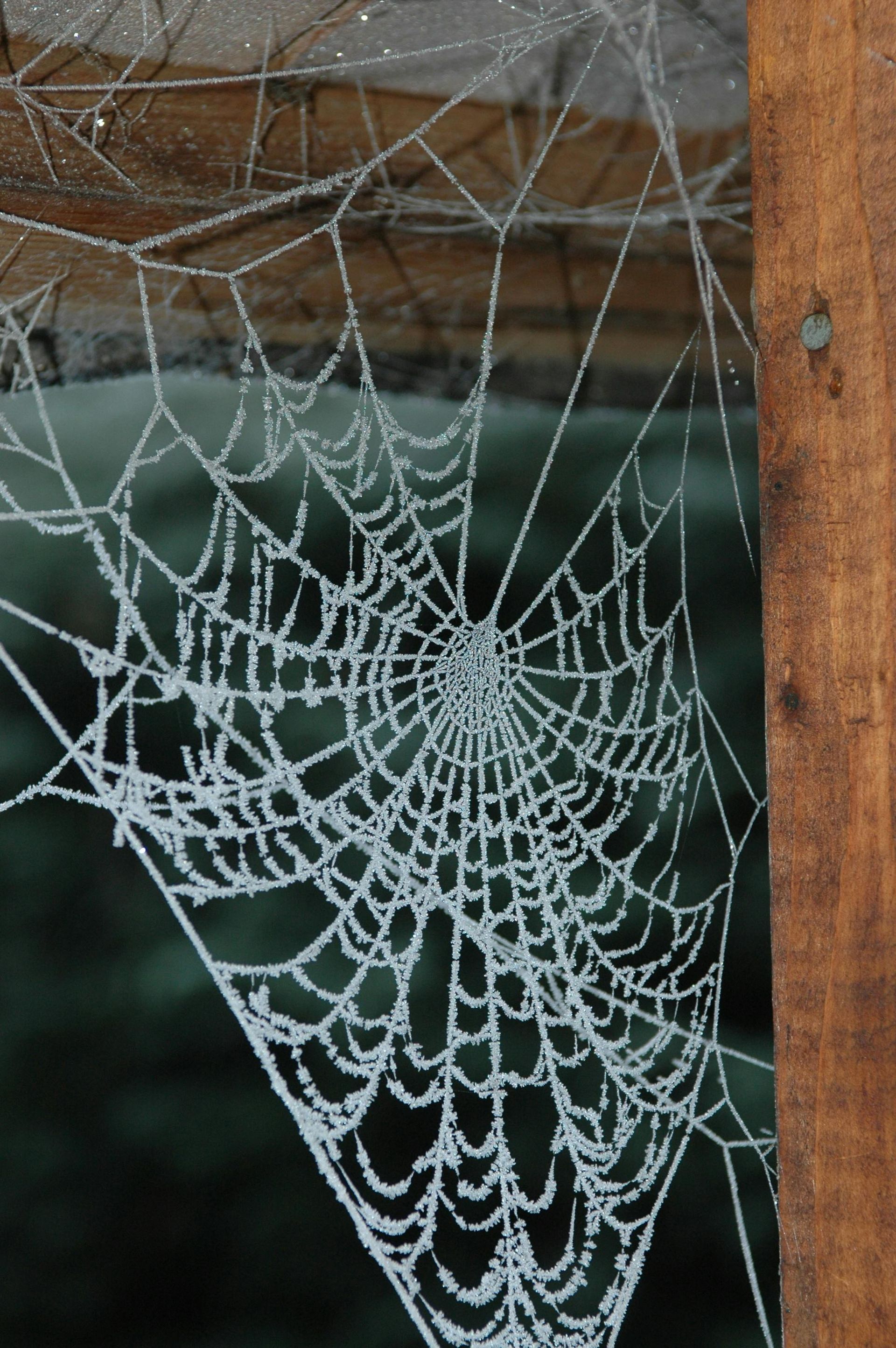Blog Layout
Pet Food and Rodents
Organix Pest Control • February 17, 2021
Pet Food Storage

Be careful how you store your pet food! 🐈🐕Rodents can chew through just about any bag containing pet food. Hard plastic sealable containers tend to be the most cost effective storage solution. 🐭🐭🐭
You can purchase plastic storage bins at Amazon or most big box stores.
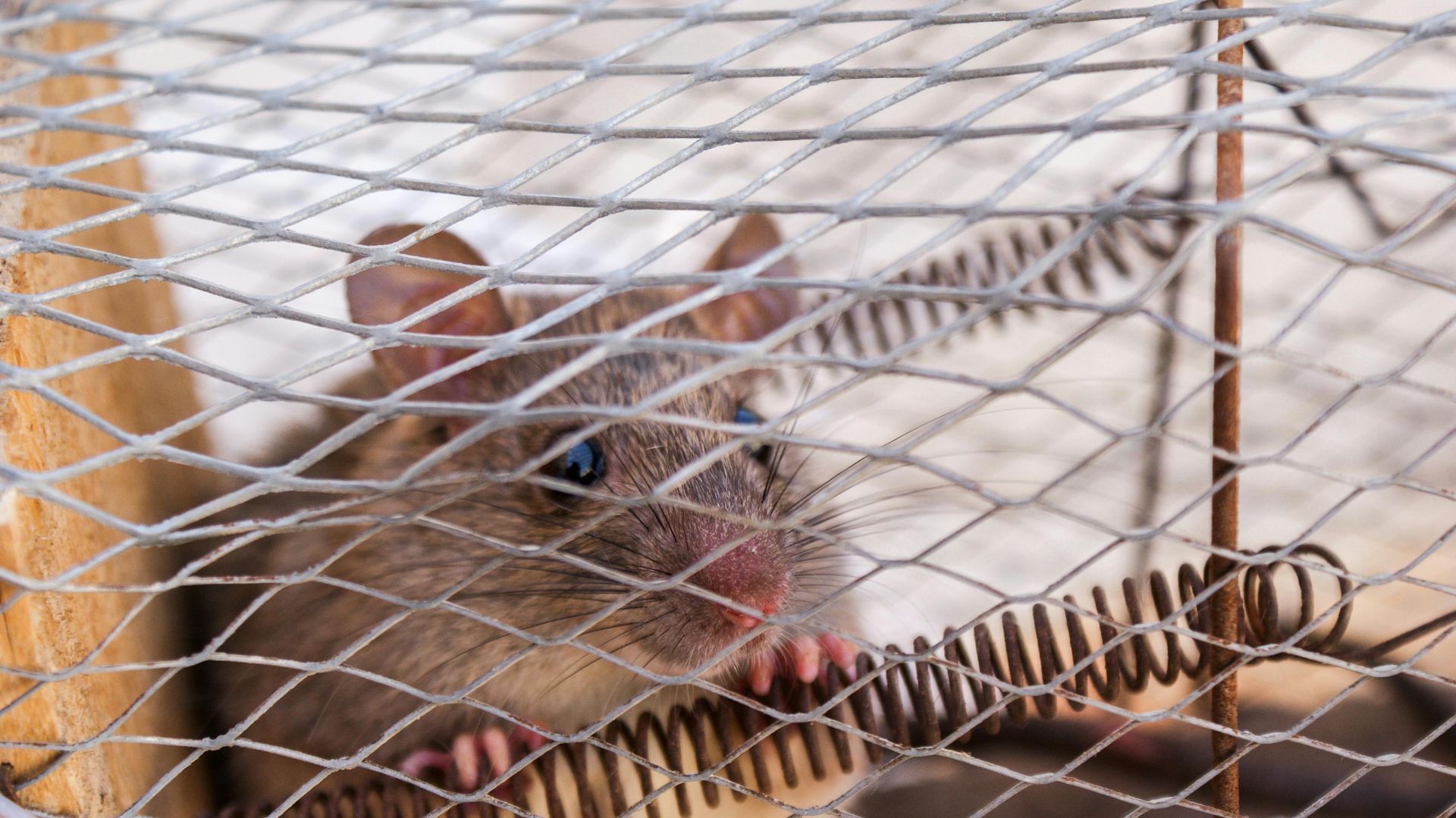
February 20, 2025
As the temperatures drop and winter sets in, it’s tempting to think that pest problems have disappeared with the warm weather. After all, mosquitoes are gone, ants aren’t marching across the kitchen, and flies have stopped buzzing around. However, the absence of visible pests doesn’t mean they’ve vanished entirely. In fact, winter can be one of the most important times to maintain regular pest control services. Winter pest control ensures your home remains protected from pests that are still active, often hidden, and potentially dangerous. Let’s explore why pest control is essential even during the colder months.
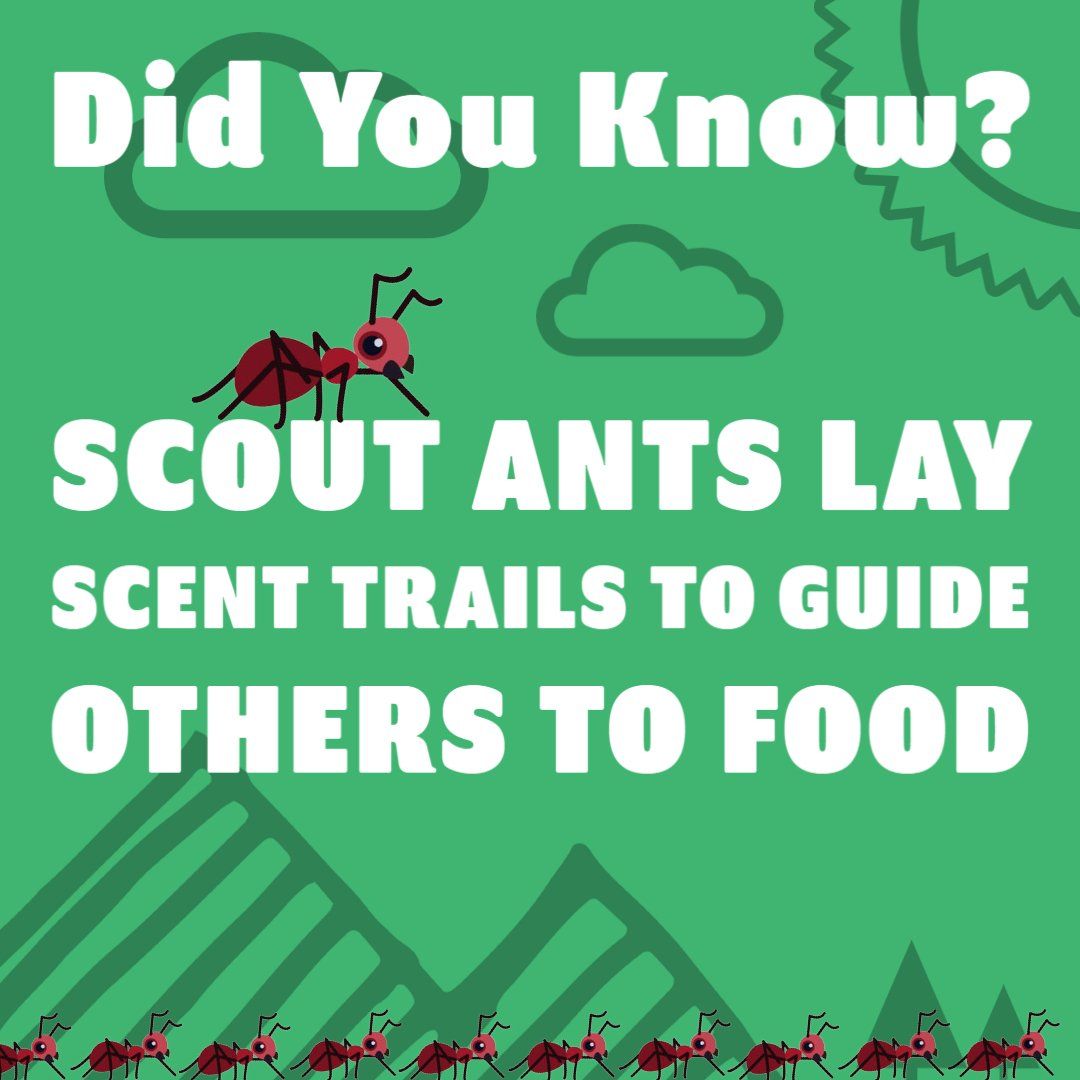
By jonathan ratautas
•
March 27, 2021
By following pheromone trails laid by scout ants from their colony, foraging ants can gather and store food efficiently. A scout ant first leaves the nest in search of food, wandering somewhat randomly until it discovers something edible. It then consumes some of the food and returns to the nest in a direct line.
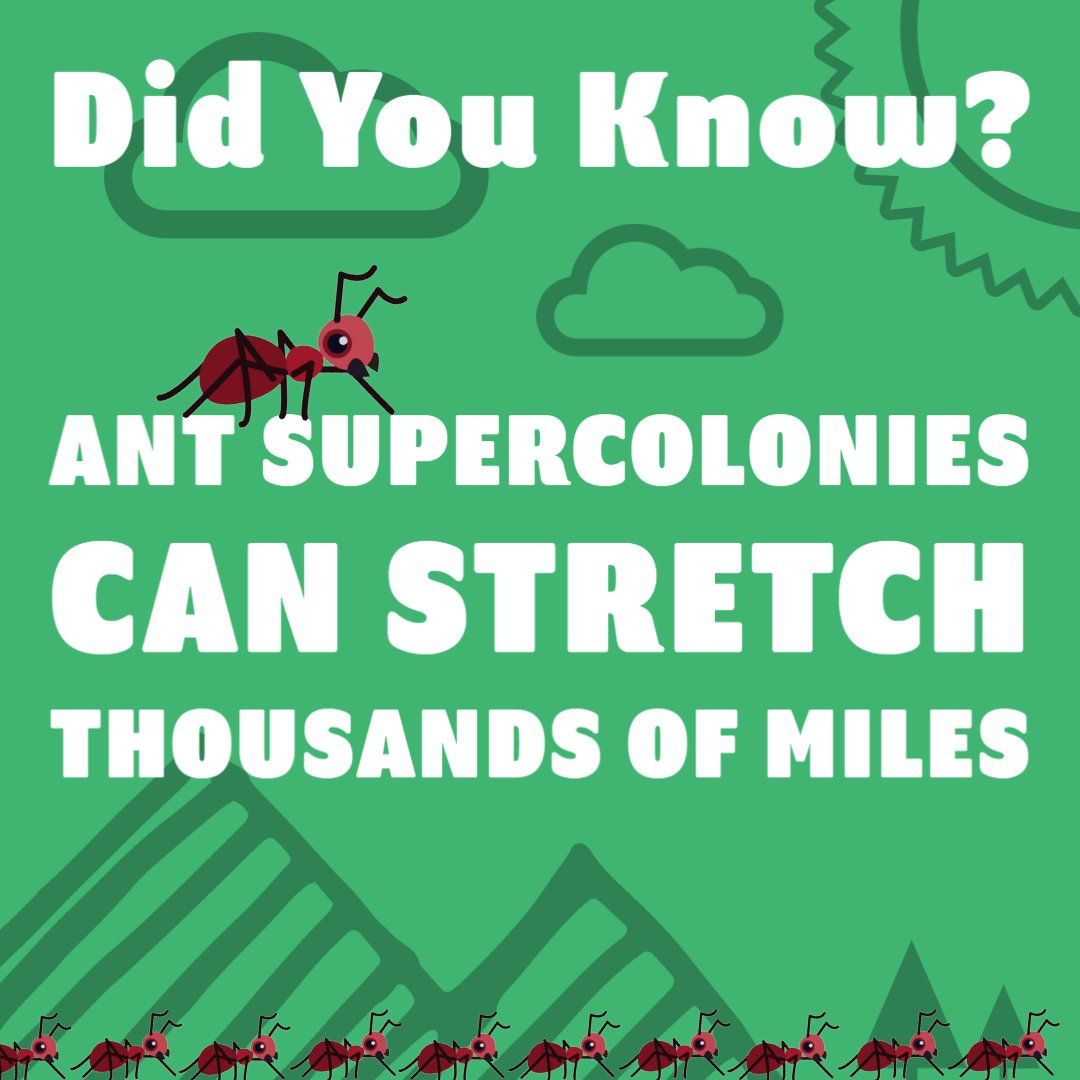
By jonathan ratautas
•
March 27, 2021
By following pheromone trails laid by scout ants from their colony, foraging ants can gather and store food efficiently. A scout ant first leaves the nest in search of food, wandering somewhat randomly until it discovers something edible. It then consumes some of the food and returns to the nest in a direct line. It seems scout ants can observe and recall visual cues that enable them to navigate quickly back to the nest. Along the return route, the scout ants leave a trail of pheromones—which are special scents they secrete—that guide their nestmates to the food.
Contact
Weekdays
9 AM - 5 PM
Saturday
9 AM - 5 PM
Sunday
Closed
© 2025
All Rights Reserved | Organix Pest Control

